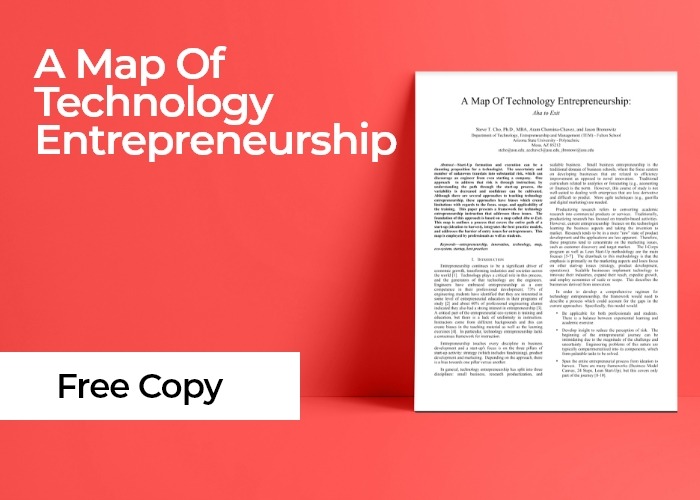Halloween is an important night of the year for witches and it is considered by many to be the night, out of all the nights of the year, when those who practice witchcraft are at the height of their power. I don’t know if a witch has ever created a unicorn, but if one has, there is a good chance that she created it on Halloween. If a witch has created a unicorn, did she do it by putting a bunch of pugs into a boiling cauldron and making a potion out of those pugs from which a unicorn was birthed? Maybe. If a witch has dumped multiple pugs into a boiling hot cauldron in the hope of creating a unicorn, she did something that makes her very similar to many angel investors and venture capitalists.

If you read the rest of this blog post, I promise, you will realize that the writer has not gone insane.
A unicorn, in the entrepreneurial world, is a startup company that becomes valued at $1 billion or more shortly after it is founded. Examples of unicorns include Uber, Facebook, Google, Snapchat, and Apple. A unicorn is what every startup wants to be. Because every startup wants to be a unicorn, Aha To Exit’s founder, Aram Chavez, coined the acronym PUG to describe startups.
PUG stands for Pursuing Unicorn Greatness. Every startup wants to achieve the level of greatness that has been achieved by companies like Facebook and Google. Every investor wants to invest in a startup that achieves that level of greatness. Unfortunately, the vast majority of startups never reach the level of success that is reached by those companies. The vast majority of startups fail without even achieving any significant success. In order to produce unicorns, investors will need to grab multitudes of PUGS for themselves. Once they have filled their boiling hot investment portfolios full of PUGS, they must wait to see if any unicorns emerge from them. In certain ways, venture capitalists and, ironically, angel investors, are the witches of the business world.
Private Equity

Not every investor wants to be a witch. Many choose to not try to produce unicorns and also not invest in sacrificial PUGS. If you are an investor that is relatively risk-averse and also not highly focused on making enormous profits, you might want to invest in a private equity fund.
Private equity funds are made up of investments from multiple partners. The people who invest in the fund are called limited partners. The manager of the fund is referred to as the general partner. Private equity funds are used to perform leveraged buyouts of companies. A leveraged buyout is a purchase of a company that is financed partially by capital that is contributed by the fund’s investors but is mostly financed by debt. Leveraged buyouts are tools that give investors a substantial amount of power because they allow investors to own companies that those investors never would have been able to own if it were not for the fact that they were able to take out loans for the amounts of money that they needed to purchase those companies. They might not give investors enough power to make literal unicorns spring out of cauldrons, but they can still be tools of pretty immense power.
Compensation of General Partners
Many general partners of private equity funds are paid an amount of money every year that is based on the value of the assets that they manage. 2 and 20 is a common fee arrangement for private equity fund general partners. Under this fee arrangement, the general partner of the fund will annually receive 2% of the value of each asset that he has acquired for the fund. The amount that each limited partner will contribute to this annual fee will be proportional to the amount of each asset that each partner owns. For example, if the fund owns one company (one asset) and that company is worth $1,000,000, the general partner’s annual fee will be $20,000 and a limited partner who owns 50% of the fund will have to pay 50% of that fee ($10,000). For the partners, this fee covers the costs associated with the necessary accounting tasks that are related to the asset, ensuring the partners’ activities are in compliance with the FCC, and other such costs.
The Carry
Private equity funds’ general partners will grow and accelerate the companies that their funds buy, and then sell those companies. As the more astute readers of this post might have already guessed, if the fee arrangement for that general partner is 2 and 20, the commission that the general partner will receive from such a sale will be 20% of the profit that the fund made from selling that asset. This commission is called the carry.
Learn Which Investment Approach is Right for You
There are many options available to those who are looking to grow their wealth. Those who would like to limit their risk and are looking for a decent return on their investment should consider putting their money into a private equity fund. Those who are willing to invest in many entities that will fail because doing so might give them the chance to produce a financial unicorn should consider going the angel investor/venture capitalist route. Those who absolutely insist on trying to become outstandingly wealthy should probably try to become witches and see if they can figure out how to produce, and sell, literal unicorns.

Regardless of whether you think you might want to become a limited partner, a practitioner of witchcraft, an entrepreneur who will need to seek out investors, or any other kind of participant in the investment world, the information will be your most valuable resource. Make sure you keep reading the articles in our blog to get more of it.










